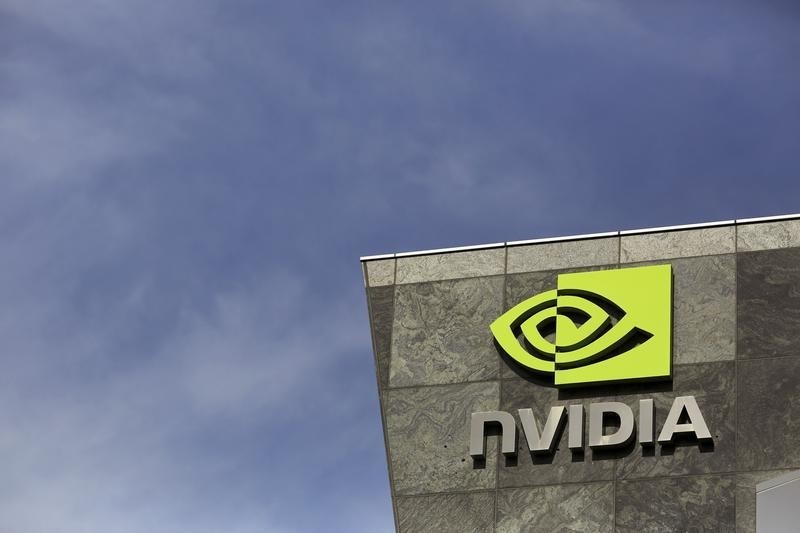Gold prices slid below $4,000/oz amid profit-taking on Gaza ceasefire
Investing.com-- Shares of Nvidia’s Asian suppliers, mainly TSMC, retreated on Thursday even as the artificial intelligence major clocked strong fourth-quarter earnings and presented a positive outlook.
TSMC (NYSE:TSM) fell 0.9% in Taiwan trade (TW:2330), while peer Hon Hai Precision Industry Co Ltd (TW:2317), also known as Foxconn (SS:601138), lost 2.5%.
South Korean memory chips supplier SK Hynix Inc (KS:000660) fell as much as 3%, while Japan’s Advantest Corp. (TYO:6857) shed 0.6%.
Losses in Asian stocks came tracking a similar overnight move in NVIDIA Corporation (NASDAQ:NVDA), which shed as much as 2% in aftermarket trade.
The AI darling clocked stronger-than-expected earnings and presented a positive current quarter outlook on expectations of sustained demand from the AI industry. CEO Jensen Huang also flagged strong demand for the company’s Blackwell chip lineup, although increased production of the line will chew into Nvidia’s margins this year.
Summit Insight analysts downgraded Nvidia to Hold after the earnings, stating that while the company was likely to outperform on strong AI trends, the stock no longer presented a favorable risk-reward outlook.
They also noted potential headwinds for Nvidia in the medium-to-long-term, especially from demand for advanced AI chips tapering off as more models clear training and begin to focus on inference. Summit expects Nvidia’s revenue growth to begin slowing in the second half of fiscal 2026.
A focus on leaner, more efficient AI models- especially after the release of China’s DeepSeek AI- could also sap demand for more AI infrastructure. But Nvidia’s Huang said that reasoning models like DeepSeek could require much more computing power in the coming years.
Still, Nvidia’s strong earnings showed that AI-fueled chip demand was unlikely to cool in the near-term, with the company’s biggest clients- Wall Street’s so-called AI hyperscalers- all pledged to continue spending hundreds of billions of dollars on furthering their AI capabilities.
Nvidia clocked a five-fold spike in valuation over the past two years, as it rode a wave of increased AI-fueled demand for advanced chips. But this rally was seen cooling in recent sessions.
